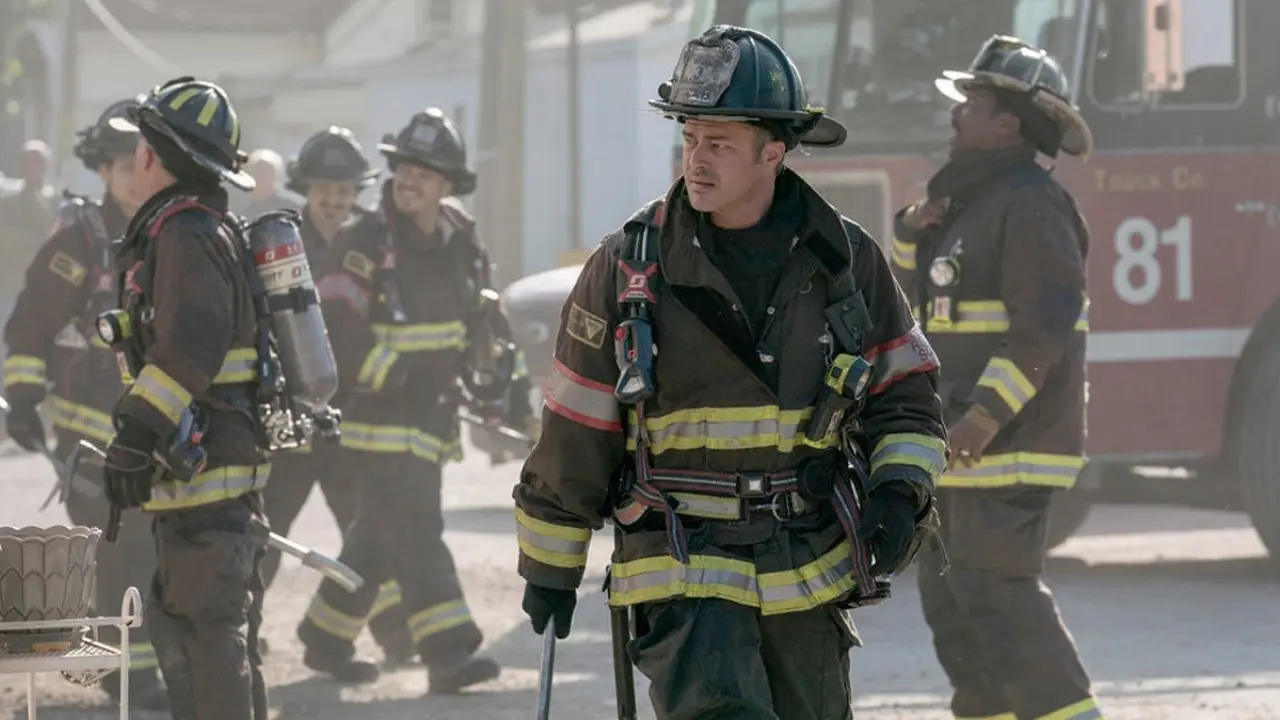In the bustling city of Chicago, firefighters play a vital role in safeguarding the community and protecting lives and property. Their bravery, skill, and dedication are tested daily, particularly when responding to house fires. This article will explore the heroic efforts of Chicago firefighters when facing the dangerous and unpredictable nature of house fires. Their commitment to duty and unwavering resolve make them true everyday heroes.
The Importance of Firefighters in Chicago
Chicago, known for its impressive skyline and vibrant neighborhoods, relies on a powerful, dedicated firefighting force to protect its residents and property. The Chicago Fire Department (CFD) serves as the city’s first line of defense against the destructive power of fires, with firefighters serving as the courageous men and women who put their lives on the line daily.
The Reality of House Fires
House fires are a constant threat, posing significant risks to occupants and firefighters. These fires can start from various sources, including electrical malfunctions, cooking accidents, heating equipment failures, or arson. They spread rapidly, engulfing homes in flames and producing toxic smoke that can quickly fill a building.
The Challenges Faced by Chicago Firefighters
Chicago firefighters face numerous challenges when responding to house fires. Time is of the essence, as fires can escalate within minutes, endangering lives and property. The intense heat, thick smoke, and collapsing structures make firefighting incredibly hazardous. Additionally, navigating crowded urban environments and ensuring access to water sources add to the complexities firefighters face in Chicago.
Firefighter Training and Preparedness
Chicago firefighters undergo rigorous training to equip them with the necessary skills and knowledge to tackle the demanding nature of their job. They receive comprehensive training in fire suppression techniques, search and rescue operations, hazardous material handling, and emergency medical care. This training prepares them to respond swiftly and effectively in high-stress situations.
Responding to House Fires: A Race Against Time
When a house fire is reported, Chicago firefighters act, racing against time to reach the scene and initiate firefighting operations. They carefully assess the situation upon arrival, considering factors such as fire size, potential hazards, and the presence of occupants. This initial assessment guides their strategy for extinguishing the flames and ensuring the safety of all involved.
The Firefighting Process: Battling the Flames
Chicago firefighters strategically attacked the fire using specialized equipment to gain control and prevent further spread. They deploy powerful hoses, fire extinguishers, and firefighting foam to suppress the flames and cool hotspots. Ventilation techniques release smoke and gases, improving visibility and aiding firefighting efforts.
Ensuring Safety: Evacuation and Rescue
While extinguishing the fire remains a top priority, Chicago firefighters also focus on evacuating occupants and conducting rescue operations. They perform quick searches, navigating through smoke-filled environments, to locate and assist individuals who may be trapped or need medical attention. Their expertise and training enable them to execute these critical tasks efficiently and effectively.
The Emotional Toll on Firefighters
The work of Chicago firefighters goes beyond physical challenges; it takes a toll on their emotional well-being. Witnessing the devastating impact of fires, experiencing loss of life, and coping with high-stress situations can lead to emotional stress and trauma. The Chicago Fire Department provides support and resources to help firefighters cope with the emotional demands of their profession.
Supporting Chicago Firefighters
As a community, we can support Chicago firefighters by recognizing their invaluable contributions and expressing gratitude for their service. Taking steps to prevent fires, such as practicing fire safety in our homes, can also alleviate the burden on firefighters and reduce the occurrence of devastating house fires. Additionally, donating to local fire departments and volunteering to support fire safety initiatives can make a significant difference.
Conclusion
Chicago firefighters embody bravery, selflessness, and unwavering dedication in their mission to protect lives and homes. They face the dangers of house fires head-on, battling flames, conducting rescues, and ensuring the safety of their community. Their commitment to duty and ability to remain calm and focused amidst chaos make them true heroes. Let us recognize and appreciate the remarkable work of Chicago firefighters as they continue to protect and serve the city.
FAQs
-
How many firefighters are there in the Chicago Fire Department?
The Chicago Fire Department is one of the largest fire departments in the United States, employing approximately 4,800 firefighters.
-
Do Chicago firefighters only respond to house fires?
No, Chicago firefighters respond to various emergencies, including medical incidents, hazardous material incidents, rescues, natural disasters, and house fires.
-
Are Chicago firefighters involved in community outreach programs?
Yes, Chicago firefighters actively engage in community outreach programs to promote fire safety education, offer training sessions, and participate in events that foster a stronger connection between firefighters and their community.
-
How can I show my appreciation for Chicago firefighters?
You can show your appreciation by expressing gratitude when you encounter firefighters, participating in local fire department events and fundraisers, and supporting fire safety initiatives in your community.
-
What are some fire safety tips for homeowners in Chicago?
Some fire safety tips for homeowners in Chicago include regularly testing smoke detectors, having fire extinguishers readily available, creating and practicing a fire escape plan, and ensuring proper maintenance of electrical systems and heating equipment.



